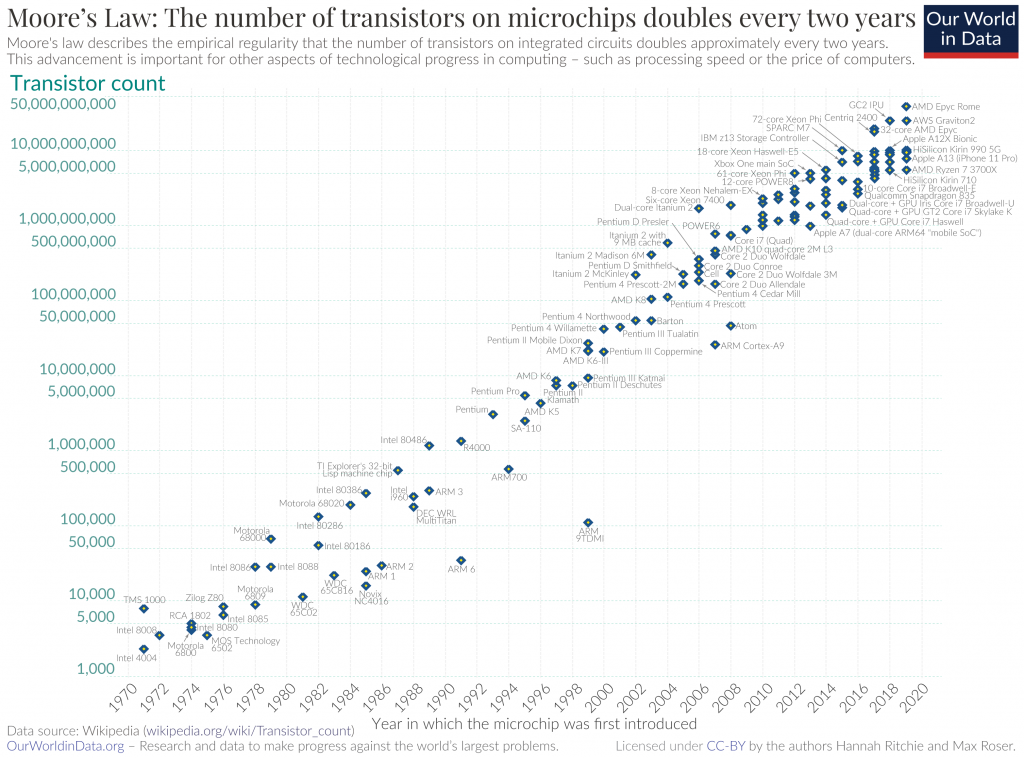Moore’s law is one of the most famous axioms in technology, stating that the number of transistors on a chip will double every two years. However, as technology has progressed, it has become more difficult to keep up with this law. AMD recently announced that they believe transistor tech will be able to keep Moore’s Law alive for at least 6-8 more years, but what does this mean for the future of computing? Let’s dive into why AMD believes that transistor tech can help us maintain Moore’s law.

The Importance of Transistors
Transistors are an essential part of modern computing and are found in practically every single electronic device we use. They are responsible for controlling the flow of electricity through a circuit and allowing us to send and receive signals from our devices. As transistors have become smaller and faster, so too have our computers become more powerful and efficient. This is why AMD believes that transistor tech can help us continue to keep up with Moore’s law by making our devices even more powerful.
AMD’s Plan To Keep Up With Moore’s Law
AMD has proposed a plan to keep up with Moore’s law by utilizing their advanced transistor tech in their latest chipsets. The company claims that they can produce chipsets with twice as many transistors as their previous models, while still maintaining the same power efficiency levels. This implies that these chipsets will be capable of running more complex tasks while consuming less energy than before. In addition, AMD intends to introduce new technologies such as 3D packaging, which will allow them to reduce the size of their chipsets even further without sacrificing performance or power efficiency levels.
Why This Matters For The Future Of Computing
It is important for companies like AMD to continue pushing the boundaries of technology because it helps us better understand how computers work, which allows us to create better products and services for consumers. Additionally, advances in transistor technology could lead to a surge of new innovations in computing, such as faster processors and more efficient memory storage solutions. Ultimately, this could lead to huge improvements in how we interact with our computers and other digital devices in the future.
Overall, it is encouraging news that AMD believes its improved transistor technology can extend Moore’s law for an additional 6-8 years. This could open up a world of possibilities when it comes to how we interact with our electronic devices in the future and could lead to some exciting technological advancements over the years to come. But for the time being, all we can do is wait and watch!
Learn more at The Register and CNET.





























